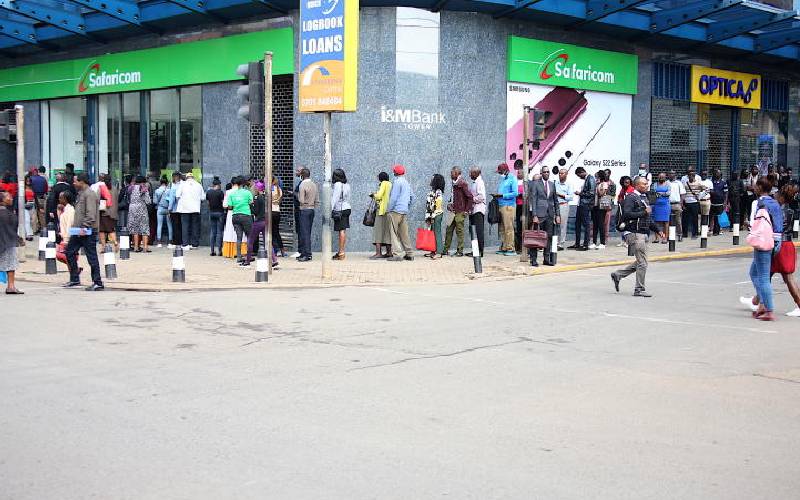×
The Standard e-Paper
Join Thousands Daily

Safaricom and financial services regulator, the Central Bank of Kenya (CBK) have differed over proposals to separate M-Pesa from the telecommunications service provider.
This comes as the CBK closes the window for collecting public comments on proposals to introduce a digital currency backed by the regulator as part of the National Payments Strategy launched earlier this year.







